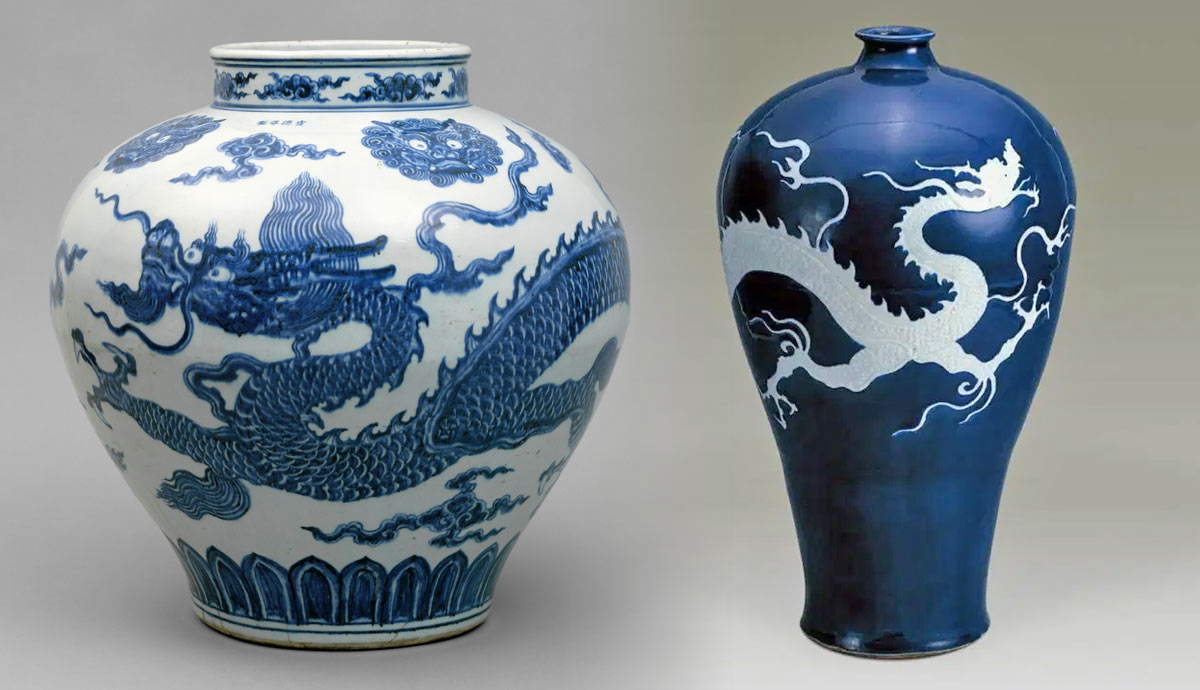
In today’s world, the value of life seems determined by external factors. If you ask people what they want out of life, most will respond with one of three answers: wealth, success, or happiness. Sometimes, you might get a combination of the three. But are these things really important for achieving a good life? Depending on the view, it can be complicated. One popular philosophy, Stoicism, says yes — but only to an extent.
Stoicism Is a Practical Approach to Life

Stoicism was first developed around 300 BCE by Hellenistic philosopher Zeno of Citium. His beliefs quickly became popular and spread throughout Ancient Greece and Rome. Although much of Zeno’s original writings were lost, his teachings lived on through others such as Epictetus, Seneca the Younger, and Marcus Aurelius.
Stoics believe that logos, or Universal Reason, is at the center of a good life. Living well means being virtuous and living in accordance with nature. Since nature is rational, a good life is one filled with rational behavior and a calculated approach toward the good. They value wisdom and temperance and strive to become a Sage, the ideal Stoic who is always virtuous.
Stoicism is known for its practical and rational approach to living a good life. But when it comes to wealth, success, and happiness — three concepts that can be as vague as they are important — how do Stoics view their intricacies and incorporate them into their lives?
Stoics are Indifferent to Wealth

Stoics believe that everything is either good, bad, or indifferent. Only virtue is good; only vice is bad; everything else — from health and power to sickness and suffering — is indifferent. They are neither inherently good nor inherently bad, and so they should not be sought nor avoided.
Of course, even the Stoics knew that throwing most things into the same category could be confusing — how can health and sickness be equal when one seems harmful and the other not? So, they broke indifferents down into two categories: preferred and not preferred. The Stoics view wealth as a preferred indifferent because it provides advantages.
However, preferred or not preferred, wealth is still an indifferent. Stoics stress that it is unimportant and irrelevant; you shouldn’t concern yourself with material matters. Instead, you should focus on cultivating richer inner values to achieve a virtuous, good life and avoid a vicious, bad one.
They Believe Success is Unattainable — and That’s Okay

Imagine a man drowning far below the ocean’s surface, trying to swim up. No matter how hard he paddles, he is still underwater. For Stoics, success is directly tied to virtue, and the drowning man is one of Stoicism’s most popular metaphors because it represents the all-or-nothing mindset of virtue. You either have a successful life filled with virtue (above the water) or not (drowning).
Unfortunately, ancient Stoics drew a hard line in the sand when it comes to virtue: only the Sage is virtuous, and no one is wise enough to become a Sage. But does that mean you shouldn’t try? Of course not. One measure of success lies in your intentions. Just as the drowning man keeps swimming, hoping to break the surface, so too should you continue aiming for a virtuous life. The results may be out of your hands, but the effort is important.
Happiness is an Internal State of Being for Stoics

Stoicism has a special name for happiness: eudaimonia. More than just happiness as we know it colloquially, eudaimonia is an internal state of being achieved through composed reactions and contentment in the present moment. The first step to reaching eudaimonia is focusing on what you can control. Stoics break down all events into two categories: those that can be controlled (your thoughts and actions) and ones that can’t (everything else). There is no use thinking of uncontrollable things; they don’t lead to happiness and can introduce unnecessary stressors.
After prioritizing your thoughts and actions, you can be content in the present because you know you have focused on what is best for you. You are no longer worrying about the future or past but are secure with the actions you have taken and where you have ended up. Only once you recognize control and take pleasure in the current moment can you achieve eudaimonia.










